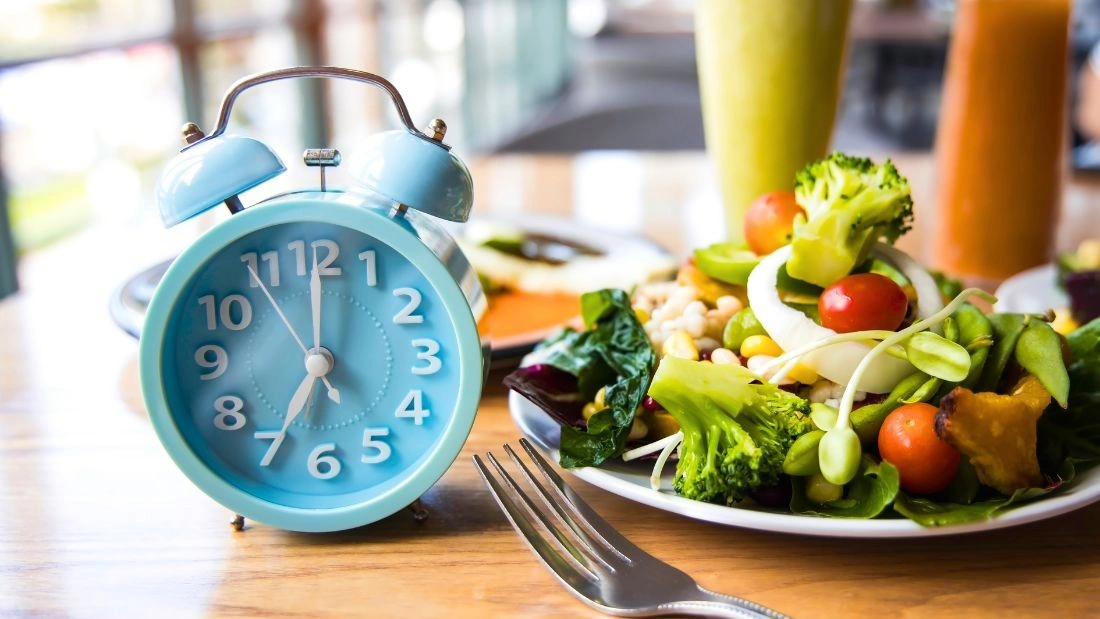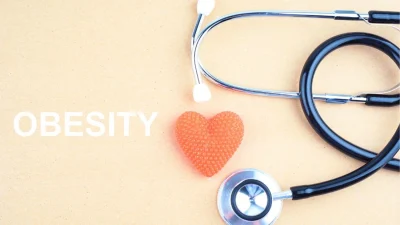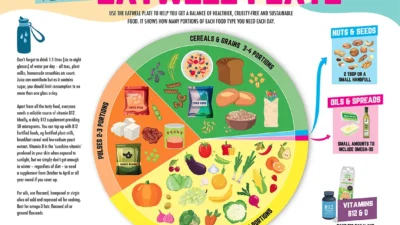Fasting – the pros and cons

Low-calorie diets can leave you tired, hungry and irritable while low-carb, ‘keto’ diets can cause cravings, constipation, kidney stones and may even increase your risk of heart disease. Intermittent fasting could be a healthier option for weight loss while possibly lowering your risk of diabetes, heart disease and cancer and improving your overall wellbeing. But only if you eat healthily!
Following a varied plant-based diet rich in fruit, vegetables, wholegrains, pulses, nuts and seeds is the way to go. Skipping breakfast and lunch then having a burger and chips for dinner won’t do the trick.
With intermittent fasting, people tend to lose weight relatively slowly – maybe just one pound a week – but for lasting weight loss, a slow and steady approach is more sustainable.
Does it work and is it safe?
Studies suggest more than half of adults spread their food intake over 15 hours or more of each day. The timing of meals – especially late-night eating – can negatively impact weight and metabolic health, even when calorie intake remains the same. Frequent snacking, skipping meals followed by overeating and the poor quality of food may also play a role – ultra-processed foods make up 60 per cent of the UK diet, potentially fuelling the obesity epidemic.
During fasting, your body gets a break from digesting food and is forced to use stored energy: first from glycogen (carbohydrate stored in your liver and muscles) and other molecules and eventually, if the fasting continues or if you’re physically active, from body fat. By giving your digestive system a break, your body can use stored energy more efficiently. During our evolutionary history, humans often went for periods without food and we have adapted to short-term fasting very well. One benefit of intermittent fasting is that it may improve your body’s sensitivity to insulin, the hormone that regulates blood sugar, which can help to reduce the risk of developing type 2 diabetes.
Intermittent fasting may also promote heart health as it is linked to lower levels of triglycerides, cholesterol and low-density as LDL or ‘bad’ cholesterol. It may also lower blood pressure and limit inflammation, which can reduce the risk of cardiovascular disease.
People who fast have also reported feeling improved mood and energy levels.
Are there any downsides?
The downside is that you’ll likely feel hungry (or hangry!), may experience constipation, headaches and there’s a risk you’ll end up bingeing afterwards and end up consuming more energy than you burned up.

The two main popular patterns of fasting either restrict your food intake to certain hours in the day or on certain days of each week.
The 16/8 diet
You fast for 16 hours and limit eating to within an eight-hour window each day. It can be from 9 am to 5 pm, for example, or midday until 8 pm. During the fasting period, only water, black coffee and tea and other no-calorie drinks are allowed. It’s important to keep hydrated as we normally get up to 30 per cent of the fluid our body needs from food.
The 5:2 diet
Although the 5:2 diet is known as an intermittent fasting diet, it doesn’t mean going without food for two days every week. Rather, it means you have two low-calorie days a week on which you limit your intake to just 500 to 600 calories and five days of eating normally.
The 5:2 is popular as it is flexible and has produced good results. Being able to eat a little on fasting days can help reduce some of the risks, such as feeling faint, hungry and unfocused. You don’t have to stick to the same fasting days each week so it can be adapted to suit your specific needs. Lower calorie dishes on fasting days might include porridge with berries, miso or lentil soup, scrambled tofu, fruit and vegetables.
The idea is that by restricting your food intake for set periods you’re more likely to stick with the regime and achieve weight loss. Some people find fasting easier than calorie control because it simplifies meal planning without constant calorie counting. However, it won’t work if you overeat every time your fast ends. That said, many people report a drop in appetite leading to eating slightly less during non-fasting periods.
If you decide to try it, make sure you have a wholesome, varied diet when you do eat and do not restrict your intake too much. There are food tracking apps than can help you check how much you’re eating.

The dos and don’ts of fasting
Dos:
- Do keep hydrated – check the colour of your pee, it should be pale yellow.
- Do make sure, when you are not fasting, you have a healthy, varied diet with plenty of wholefoods.
- Do ensure you are eating plenty of protein such as tofu, pulses, nuts and seeds.
- Do take it steady when exercising during fasting – start with walking, gentle stretching or housework
- Do try to distract yourself with work, a podcast, bath or a book – it helps to keep busy!
- Do talk to a doctor before you try intermittent fasting if you have a medical condition or any health concerns
Don’ts:
- Don’t fast if you are underweight.
- Don’t fast if you are under the age of 18 years.
- Don’t fast if you have type 1 diabetes.
- Don’t fast if you are trying to conceive, are pregnant or breastfeeding.
- Don’t fast if you have a history of disordered eating.
- Don’t fast if you suffer from migraines.
- Don’t fast if you take medication that must be taken with food.
- Don’t exceed your fasting period as fasting for days at a time can be dangerous.
- Don’t break your fast with a feast, which will likely leave you feeling bloated and tired.
If fasting causes you severe headaches or tiredness, then stop. If you feel unwell in any way, then stop.
How does it compare to calorie-restricted diets?
Studies show that intermittent fasting is about as efficient at achieving weight-loss as daily calorie counting. Whether intermittent fasting is for you depends on your work schedule and how fasting affects you – it makes some people so hangry that it’s not advisable!
Whichever method you choose, try to give your body time to wake up so avoid eating as soon as you get out of bed. At night, make sure your body has time to rest and recover by eating at least two hours before you go to bed.







